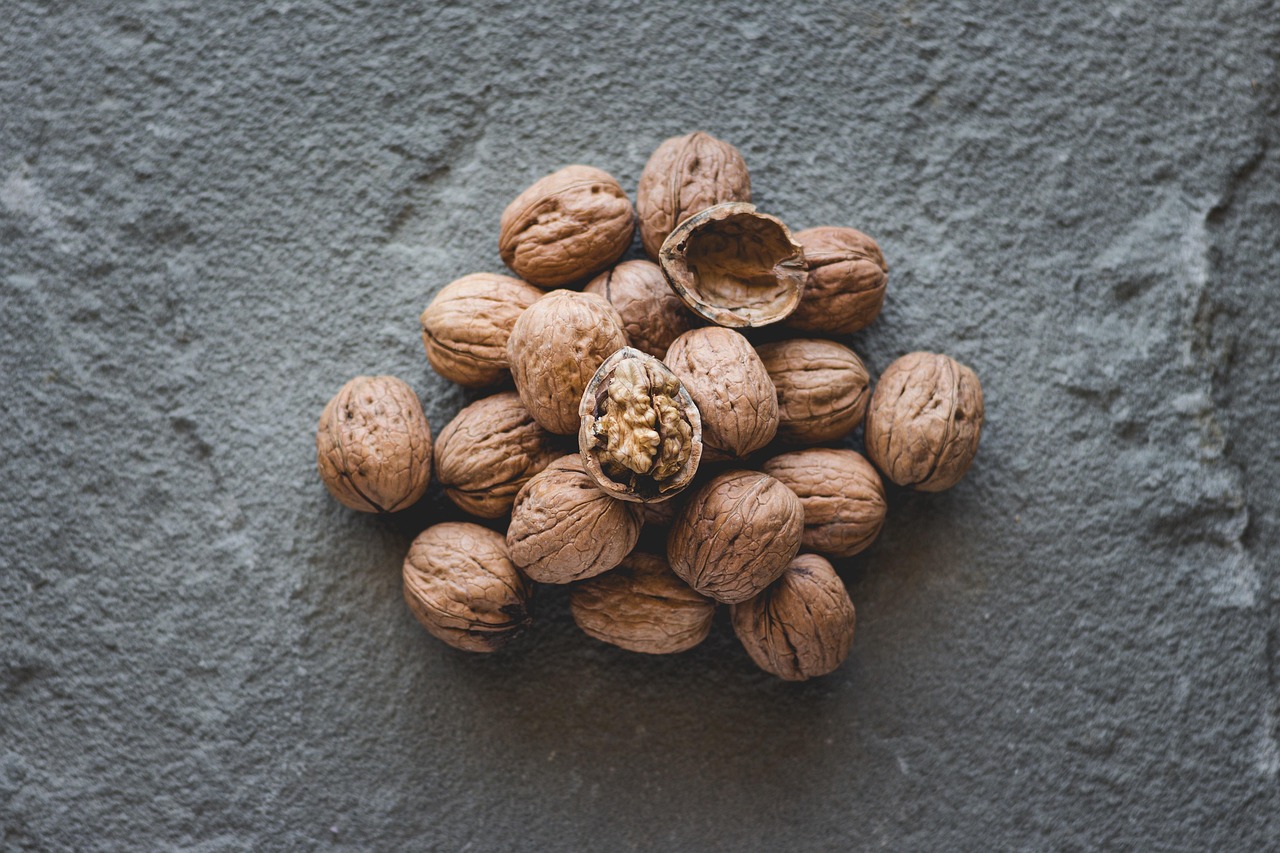Understanding Dietary Fiber: The Unsung Hero of Nutrition
In our pursuit of health and well-being, there’s one nutritional powerhouse that often gets overshadowed by the latest superfood trends: dietary fiber. This essential nutrient not only plays a vital role in digestive health but also contributes to a multitude of other bodily functions. As awareness of the importance of fiber continues to grow, it’s crucial to understand what it is, why it matters, and how we can optimize our intake for better health.
The Basics of Dietary Fiber
What is Dietary Fiber?
Dietary fiber is a type of carbohydrate that the body cannot digest. Unlike other carbohydrates, which are broken down into sugar molecules, fiber passes through the digestive system relatively intact. There are two main types of dietary fiber:
- Soluble Fiber: Dissolves in water and forms a gel-like substance. It is known to help lower blood cholesterol and glucose levels.
- Insoluble Fiber: Does not dissolve in water and helps add bulk to the stool, promoting regular bowel movements.
Sources of Dietary Fiber
Incorporating a variety of fiber-rich foods into your diet is essential. Here are some excellent sources:
- Fruits: Apples, bananas, oranges, and berries.
- Vegetables: Broccoli, carrots, and leafy greens.
- Legumes: Lentils, chickpeas, and black beans.
- Whole Grains: Quinoa, oats, brown rice, and whole wheat bread.
- Nuts and Seeds: Almonds, chia seeds, and flaxseeds.
The Health Benefits of Dietary Fiber
Promotes Digestive Health
One of the primary benefits of dietary fiber is its positive impact on digestion:
- Prevents Constipation: Insoluble fiber adds bulk to the stool, promoting regular bowel movements.
- Supports Gut Health: Soluble fiber acts as a prebiotic, feeding beneficial gut bacteria.
Contributes to Heart Health
Research indicates that a high-fiber diet correlates with a lower risk of cardiovascular diseases. Here’s how:
- Reduces Cholesterol Levels: Soluble fiber can help lower LDL (bad) cholesterol.
- Maintains Healthy Blood Pressure: Fiber-rich diets are often associated with lower blood pressure rates.
Aids in Weight Management
Fiber can play a crucial role in controlling appetite and aiding weight loss:
- Increases Fullness: High-fiber foods tend to be more filling, which can lead to reduced overall calorie intake.
- Slows Digestion: Slower digestion helps keep blood sugar levels stable, reducing hunger pangs.
How Much Dietary Fiber Do You Need?
Recommended Daily Intake
The amount of dietary fiber you need may vary by age and sex:
- Adults: Aim for 25 grams daily for women and 38 grams for men.
- Children: Recommended amounts vary with age but typically range from 19 to 31 grams per day.
Tips for Increasing Dietary Fiber Intake
Incorporating more fiber into your diet doesn’t have to be daunting. Here are some practical tips:
- Start Gradually: Increase fiber intake slowly to avoid digestive discomfort.
- Choose Whole Grains: Opt for whole grain products instead of refined grains.
- Add Beans and Legumes: Include them in soups, salads, and main courses.
- Snack on Fruits and Vegetables: Choose fiber-rich snacks like apples or carrots.
Potential Risks of Excessive Fiber Intake
Signs of Too Much Fiber
While fiber is beneficial, too much can lead to discomfort:
- Bloating
- Gas
- Diarrhea or really soft stools
Balancing Your Intake
To enjoy the benefits of fiber without the downsides, consider the following:
- Hydration is Key: Drink plenty of water alongside increased fiber intake.
- Mix It Up: Consume a variety of fiber types from different sources.
Conclusion
In summary, dietary fiber is an essential component of a healthy diet, offering numerous benefits such as promoting digestive health, supporting heart health, and aiding in weight management. By understanding the types of fiber, its sources, and recommended daily intake, you can make informed choices to enhance your overall well-being. Remember to gradually increase your fiber intake and maintain proper hydration to reap the maximum benefits without discomfort. Start incorporating these actionable tips today to unlock the full potential of this nutritional gem!






